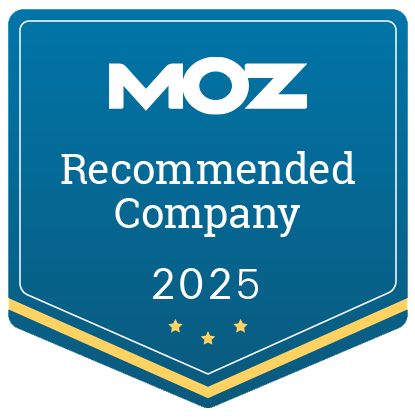Analyzing What Snags Your Customers through Call Tracking
If you’re not using call tracking software, you’re missing out on a wealth of business intelligence—and a key part of the conversation chain with your customer. Call tracking becomes more crucial daily as we turn increasingly to our mobile devices to browse the Web, research products and services (and the sellers thereof), and call to inquire or purchase.
Here’s a look at the type data that call tracking can capture and the features your chosen call tracking solution must have.
Call Tracking Features
Dynamic Call Tracking: Automatically assign numbers.
Your call tracking provider should dynamically dispense phone numbers to each of your campaigns, so you don’t have to. Unique numbers should go to each campaign on each channel: email newsletter, radio ad, Facebook campaign, search engine, etc.
Integration: Talk to third-party services.
As information is gathered via call tracking of unique phone numbers, it should seamlessly transfer to your analytics and CRM solutions. This enables you to quickly see caller browsing activity and gain insight into the offline path that your prospect followed to the sale. We like CallRail, which gathers data on the phone number/source, shares the data with Google Analytics and AdWords, creates a record in the Salesforce CRM and emails a recording to anyone we designate.
Call Recording
This wellspring of information allows you to:
- Evaluate sales reps’ call handling
- Glean valuable info about prospect’s problems and unmet product/service needs
- Discover new keywords to use in your future content creation and marketing communications
- Track customer activity patterns that lead to sales
- Spur interactions
Capture detailed, real-time data and analytics
This is the key to any software. You’ll need real-time data regarding call time and date, caller location, call source and more. You’ll also need historical data to spot patterns in call volume, length of calls, and repeat calls for marketing planning purposes.
Offer low costs per number
Your call tracking provider should allow your campaigns to easily scale to high call volumes without breaking your budget.
Customizable.
You might like to tie a real-time action into the chain of customer behavior or add some type of functionality tailored to your business model. If the feature isn’t already baked into your call tracker, you need to be able to add it. For example, prompt a CRM lookup as the call comes in to help the sales team convert the lead.
Dependable.
Your customer phone calls will take place on your call-tracker’s infrastructure, so you need guaranteed uptime and call quality. Without this, you could lose leads and damage your brand image with the public.
Those computers in people’s pockets see a lot of activity, and people actually do make phone calls on them! Without call tracking software, you’ll never know if this interest and sale happened, and you certainly won’t know that your Facebook (or recent email) campaign is what worked to get everyone interested. These days, you can’t grow your business without this information. Simply put, call tracking provides a wealth of customer behavior tracking and information that you can’t afford to let go to waste.
Need expert marketing guidance that integrates offline and online? Contact Zero Gravity Marketing.








